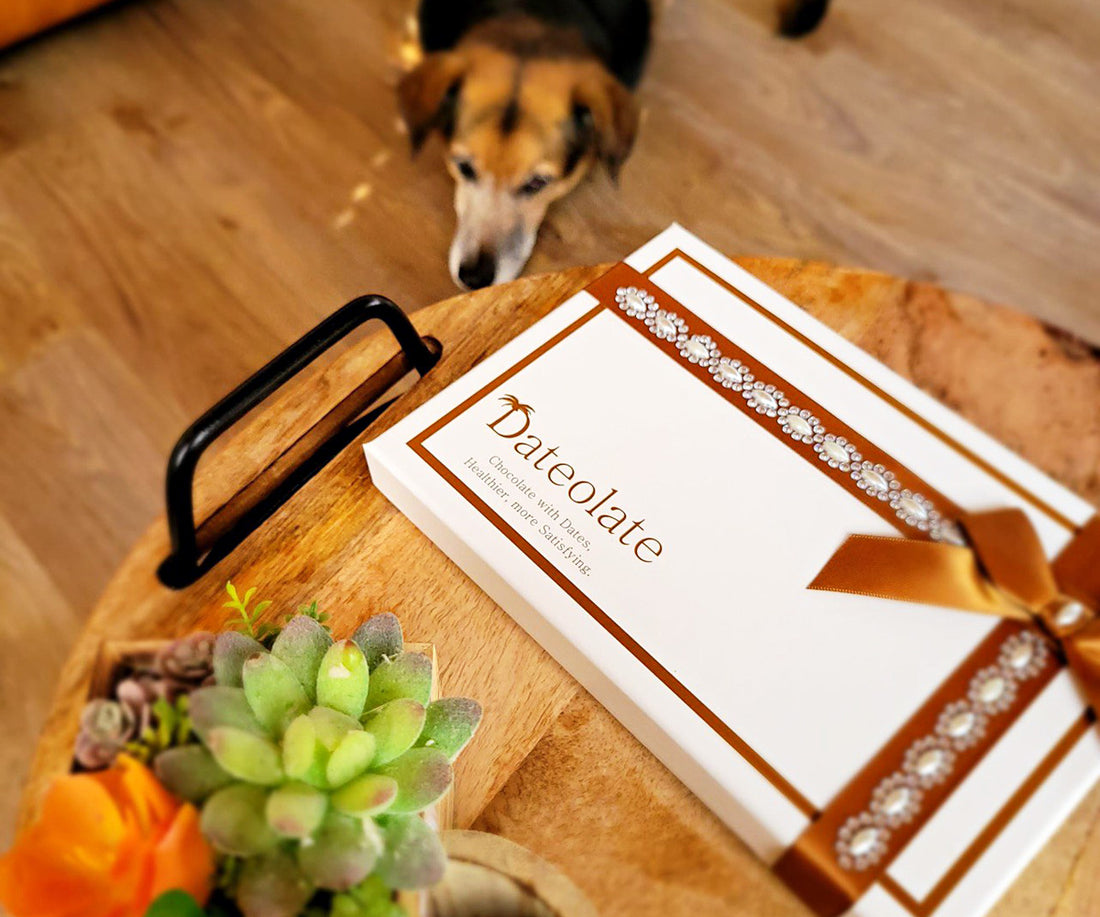
Should Dogs Consume Chocolate? Understanding the Risks and Dangers
Share
Dogs have long been considered our faithful companions, but when it comes to certain foods, what is safe for humans can be harmful or even life-threatening to our furry friends. One such food is chocolate. This article aims to shed light on why chocolate is toxic to dogs and why it should never be given to them.
The Danger of Chocolate for Dogs:
Chocolate contains a substance called theobromine, which belongs to a class of compounds known as methylxanthines. While humans can metabolize theobromine efficiently, dogs process it much more slowly, leading to its accumulation in their bodies. This can have severe consequences for their health.
Effects of Theobromine Poisoning:
When dogs consume chocolate, the theobromine can affect their central nervous system, cardiovascular system, and other organs. Symptoms of theobromine poisoning may include vomiting, diarrhea, increased thirst, restlessness, hyperactivity, tremors, rapid breathing, elevated heart rate, and in severe cases, seizures, internal bleeding, or even death.
Factors Influencing Toxicity:
The toxicity of chocolate to dogs depends on various factors, including the type of chocolate ingested and the dog's size and sensitivity. Dark chocolate, with its higher theobromine content, poses a greater risk than milk chocolate or white chocolate. Additionally, smaller dogs are more susceptible to the toxic effects of chocolate than larger breeds.
What to Do If Your Dog Ingests Chocolate:
If you suspect or know that your dog has consumed chocolate, it is crucial to act promptly. Contact your veterinarian immediately for guidance and inform them about the type and amount of chocolate your dog has ingested. The veterinarian may advise inducing vomiting or other appropriate measures based on the situation.
Prevention is Key:
Preventing dogs from accessing chocolate is the best approach. Educate your household members, especially children, about the risks of chocolate ingestion in dogs and the importance of keeping it out of their reach. Store chocolate products securely and be cautious during festive seasons when chocolates are often more abundant.
Alternatives for Treats:
While chocolate is off-limits, there are plenty of safe and enjoyable treats you can give your dog. Opt for dog-friendly snacks specifically formulated for their dietary needs. Look for treats that are made with quality ingredients and have been approved by veterinarians or pet nutritionists.
As much as we may be tempted to share our love of chocolate with our beloved terrier dogs and other canine companions, it is vital to remember that chocolate is toxic to them. Theobromine poisoning can have serious consequences for their health and well-being. By understanding the risks associated with chocolate ingestion and taking proactive steps to prevent it, we can ensure the safety and happiness of our furry friends. Remember, when it comes to chocolate, it's better to be safe than sorry.
